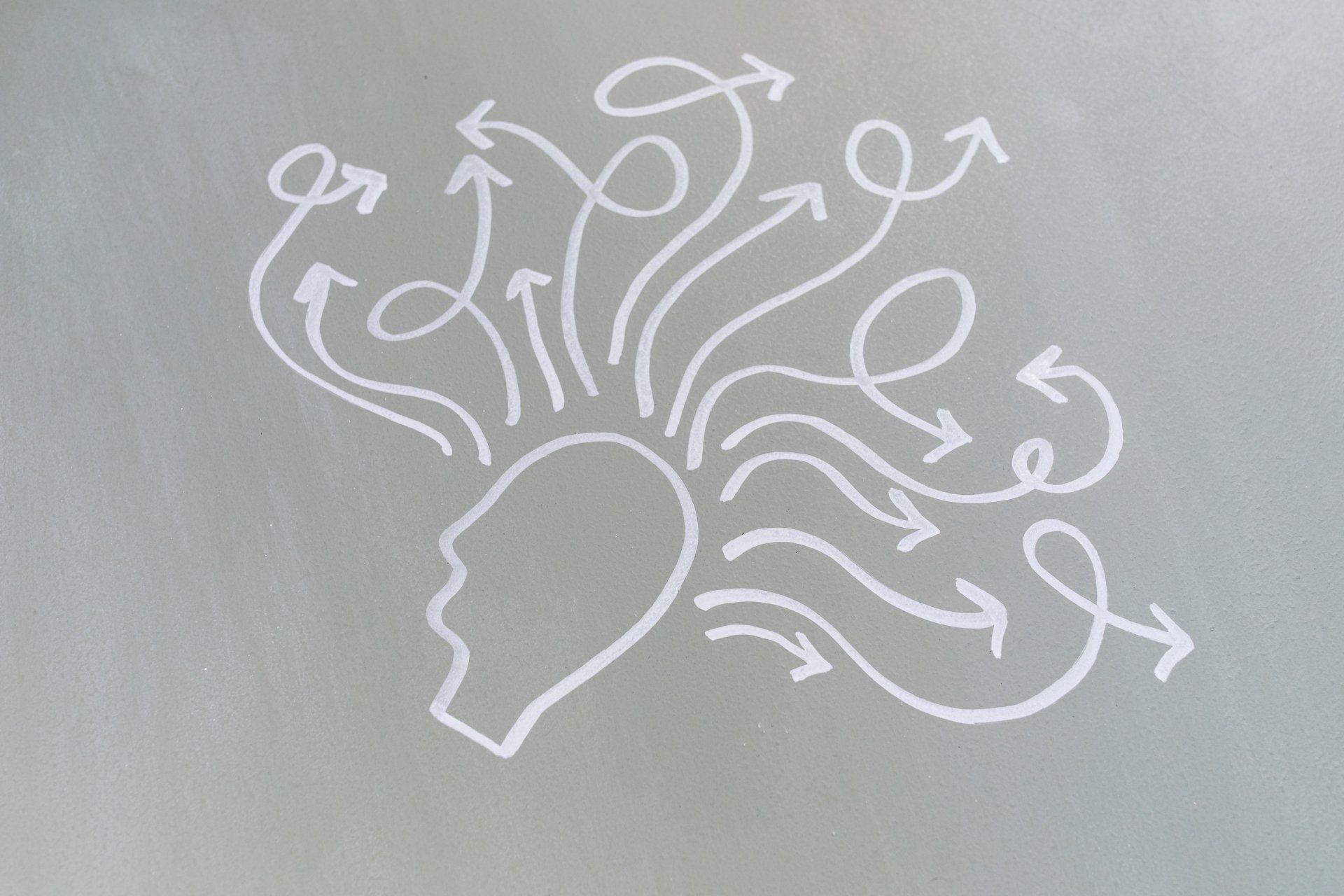How Can Neurofeedback Help Those with Learning Disabilities?
Learning disabilities cause people of all ages to have difficulties thinking, reading, and
processing and organizing information. Although they are often thought of as only affecting
children, adults have learning disabilities too. Often they are genetic and can be passed down
from a parent. For those in school, learning disabilities can result in added difficulties when it
comes time to take tests and exams, engage with the material in class or homework, and
interact with peers. For those no longer in school, similar issues can arise in the workplace
when writing reports, presenting during meetings, and planning and executing tasks. A variety of accommodations can be put in place for students and employees with learning disabilities that can help make it easier to intake information and complete tasks or tests. There are many kinds of learning disabilities, and not all can be categorized by one disorder, but some examples of common disorders are dyslexia, dysgraphia, and dyscalculia.
A possible treatment option for people with learning disabilities is Neurofeedback therapy. It has been found that those with learning disabilities have notably different brain wave patterns
compared to those without learning disabilities. For instance, a Neurofeedback clinician might
see an excess of delta and theta waves, patterns often associated with being tired and
daydreaming. Neurofeedback training is a way to monitor these brainwave patterns and improve them over time through operant conditioning and positive reinforcement.
A study done in 2003 published in the journal Clinical Electroencephalography tested the
effectiveness of Neurofeedback training on 10 children with learning disabilities. The children
were equally divided into an experimental group that received 20 sessions of Neurofeedback
training and a control group that received 20 sessions of a placebo treatment. The theta and
alpha brain wave patterns of those in the experimental group were monitored on the basis that
more theta waves and less alpha waves are often seen in people with learning disabilities. This
study showed positive results as the children that received Neurofeedback training
demonstrated improvement in learning disability test scores measuring attention and
intelligence, and showed behavioural improvements through EEG maturation. A follow-up study
published in the journal Clinical EEG and Neuroscience was conducted 2 years later to see if
these initial changes found for the experimental group persisted. They found that the children in
the control group did not improve in their learning disabilities, but those that were in the
experimental group did. From this, they were able to discern that the improvements seen were
due to Neurofeedback therapy and not only development as the children got older.
Another study from 2020 published in the journal Applied Neuropsychology: Child looked at the
use of Neurofeedback training in children with dyslexia. This study compared the effects of 60
sessions of Neurofeedback training on an experimental group of 16 children with dyslexia to a
control group consisting of 20 children without learning disabilities. For the experimental group,
this study focussed on reducing theta waves in areas known to be associated with speech and
language, as well as detecting other areas where theta waves may be higher than normal and
reducing them. The authors found that after completing all sessions of Neurofeedback training, the children with dyslexia had improved in a measure of EEG complexity, matching the levels
seen for the control group.
Click here to read some more research about Neurofeedback Therapy and Learning Disabilities.
References
Ability and Enterprise Newsletter: Canadian Council on Rehabilitation and Work, 2013.
“Learning Disabilities in the Workplace”.
http://hosted.verticalresponse.com/636590/236b6472bb/285303657/36d3e4b930/
Fernández, T., et al. (2003). EEG and behavioral changes following neurofeedback treatment in
learning disabled children. Clinical Electroencephalography, 34(3), 145-152. doi:
10.1177/155005940303400308. PMID: 14521276
Becerra J, Fernández T, Harmony T, Caballero MI, García F, Fernández-Bouzas A, Santiago-Rodríguez E, Prado-Alcalá RA. Follow-up study of learning-disabled children treated with neurofeedback or placebo. Clin EEG Neurosci. 2006 Jul;37(3):198-203. doi: 10.1177/155005940603700307. PMID:
16929704.
Eroğlu G, Gürkan M, Teber S, Ertürk K, Kırmızı M, Ekici B, Arman F, Balcisoy S, Özgüz V, Çetin M.
Changes in EEG complexity with neurofeedback and multi-sensory learning in children with dyslexia: A multiscale entropy analysis. Appl Neuropsychol Child. 2022 Apr-Jun;11(2):133-144. doi:
10.1080/21622965.2020.1772794. Epub 2020 Jun 9. PMID: 32516009.











